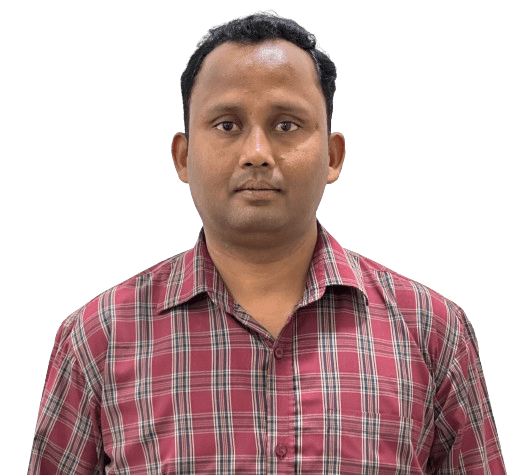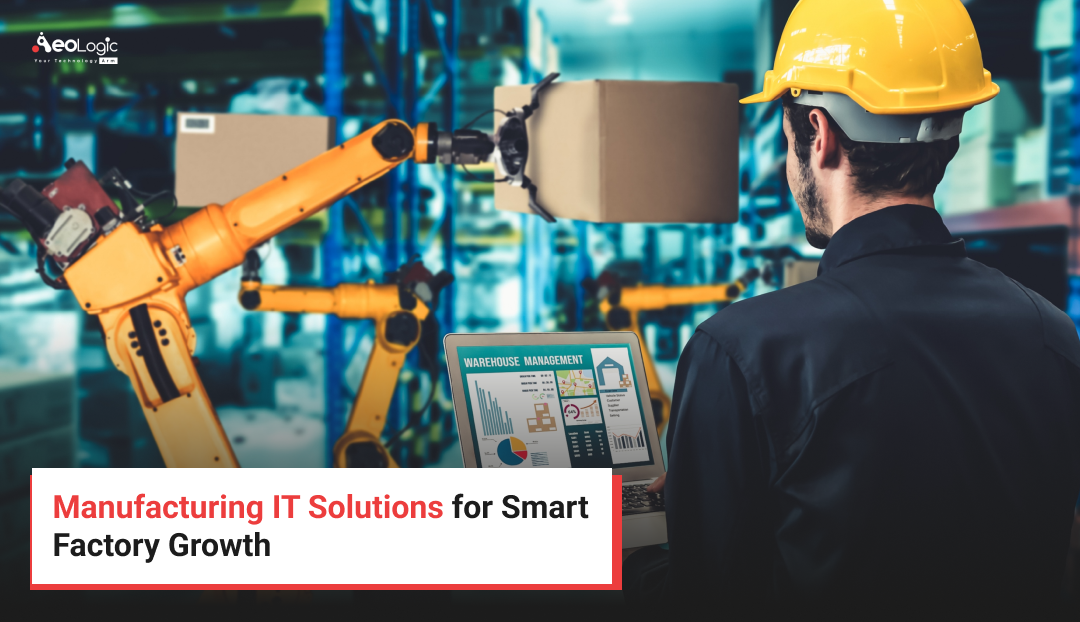The manufacturing industry has undergone significant revolutions now the industry has adopted the exciting industry 4.0. It is a transition powered by data and automation technologies that can transform every step of the manufacturing process from the supply chain and enterprise to the shop floor and end-users. The aim is to enhance productivity, and innovation, and empower businesses to drive an integrated data-driven manufacturing environment.
In this blog, you’ll get to know about the adoption of industry 4.0 by the manufacturers.
Modernization In Manufacturing
The adoption of the fourth industrial revolution technologies in Asia is similar to those in other parts of the world.
The Covid-19 global pandemic has added to the urgency for broader modernization and digital transformation across the manufacturing sector. As an immediate response, manufacturers have turned to modern technologies. Cloud computing, artificial intelligence (AI), the internet of things (IoT), and edge computing have taken center stage. This allowed companies to be more resilient and flexible while unlocking new opportunities by reducing costs and optimizing operations.
There is one more thing that needs to be considered and that is despite industry 4.0 having a promising future, still, the industry 4.0 technologies are very new and people have competing visions about what its implementation will be looked like. To overcome this and to start the digital transformation of your manufacturing business, you must start implementing the foundational technologies to make this adoption possible.
Implementation Of Cloud
As a manufacturer, the most important factor to you will be to keep the equipment up and running smoothly. Unplanned downtime not only damages productivity and drives up production costs, but it also leads to late deliveries demoralized staff morale, affects customer satisfaction, and lower profitability. So, how to balance it all? Ensuring that the efficiency of your workforce is not compromised, you’re not wasting your valuable resources, and focusing on your organization’s lean goals.
The answer to all of these questions is with the implementation of one system. One system is enough to manage your operations and provide the data you need to make critical decisions day-to-day. The optimization of maintenance and operations management in manufacturing can be accomplished with the implementation of cloud computing technology. The cloud-based system enables the manufacturers to ensure asset tracking and streamlined work order management to do work more efficiently than ever.
Artificial Intelligence Powered Solutions
One of the most advanced technologies we have in industry 4.0 is artificial intelligence (AI). AI is a branch of computer science that deals with the development of intelligent machines and software. It has been defined in many ways, but in general terms, it can be defined as a way of making computers do things that would otherwise require human intelligence. Artificial intelligence (AI) can be used in various fields to improve manufacturing processes. Some ways AI improves manufacturing are quality control, predictive maintenance, material handling, and process optimization.
Training The Employees
Apart from the above-mentioned two points, they were focused on implementing some technologies to accelerate the adoption of industry 4.0. There is one thing manufacturers need to drive their focus on, and that is the training of their employees. Now, we are not talking about the training in handling traditional operations, rather we are talking about giving training to the employees for handling the various types of technologies. All the technologies involved in the digital transformation have their own way of running and handling it. Employees of the manufacturing unit should be well-trained in how to handle and run these technologies, after all, behind every machine and software there will be humans operating them.
Conclusion
To sum up, the paradigm shift in the manufacturing industry is a revolution on its own, and to conduct this revolution there are certain foundational requirements that need to be fulfilled. Implementation of cloud computing and artificial intelligence are some technologies from the bucket full of advanced technologies that can be used to achieve the requirements. Along with this, manufacturers need also to focus on training the employees to operate the use of technologies effectively and efficiently.
Are you looking to implement technologies in your manufacturing business? If yes, so, please feel free to contact us at support@aeologic.com

Manoj Kumar is a seasoned Digital Marketing Manager and passionate Tech Blogger with deep expertise in SEO, AI trends, and emerging digital technologies. He writes about innovative solutions that drive growth and transformation across industry.
Featured on – YOURSTORY | TECHSLING | ELEARNINGINDUSTRY | DATASCIENCECENTRAL | TIMESOFINDIA | MEDIUM | DATAFLOQ





